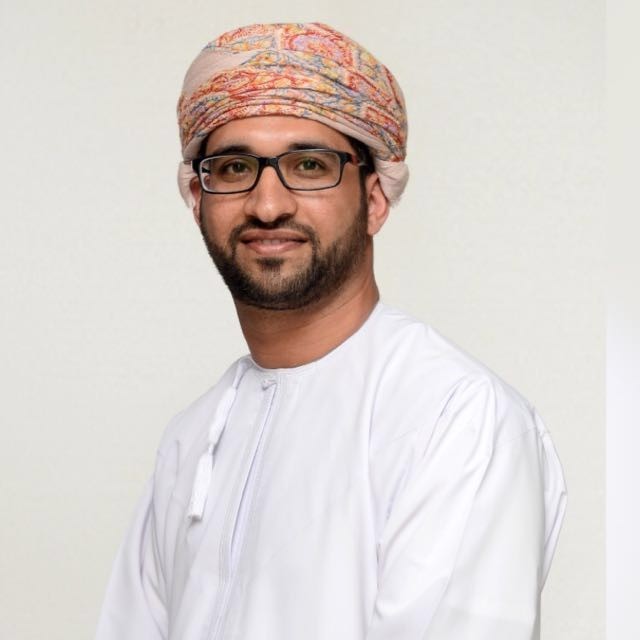Globally, higher education (HE) systems are being called on to support worldwide efforts to achieve sustainability and combat climate change. These global trends are also affecting Gulf universities, who are now embracing this new mandate. However, Gulf universities face particular challenges: they are located in countries that are the highest per capita carbon emitters in the world (Hertog & Luciani, 2009). This workshop intends to provide a better understanding of how HE systems and universities in the Gulf region are responding to the global movement of achieving sustainability and overcoming issues of climate change with a focus on how they are adapting to the particularities of their local contexts. It will also contribute to the literature on HE and sustainability, education for sustainable development, universities and Sustainable Development Goals (SDGs), and HE’s role in climate change. The workshop thus seeks to make both theoretical and empirical contributions to HE in the Gulf and sustainability literature. The workshop will answer the following questions: What are universities in the Gulf doing in terms of education for sustainable development? How can universities in the Gulf help governments to achieve SDGs? How can universities in the Gulf lead in climate action within their societies and/or on the international stage?
3 DAYS / 12 Workshops
MORE THAN 300 ACADEMIC PAPERS
Higher
education (HE) systems in the Gulf region have played a fundamental role in the
advancement and development of their people. HE systems in the Gulf region have
been characterized by their responsiveness to the needs of their peoples and
governments, supporting the growth and development of their countries. These
systems have also been responsive to the rapid global changes. In 2015, the
emergence of the Global Sustainable Development Agenda 2030, with its 17
specific Sustainable Development Goals (SDGs) resulted in the call for
governments around the world to work to achieve sustainable development and
combat climate change. Moreover,
climate change, which threatens both human beings and the planet, has also been
under the microscope with great focus from international organizations and
governments.
In terms of education generally and HE specifically, there has recently been a greater focus on concepts related to issues of climate change and sustainability in the form of sustainability education, environmental education, education for sustainable development, and climate change education. Accordingly, HE systems in the Gulf region are now orienting themselves to contribute to the SDG agenda. It is expected that HE systems in the Gulf region will work side-by-side with other systems in activating their role in achieving sustainability and combatting climate change.
However, this is no easy task. Gulf countries’ rapid economic development has been largely due to carbon-intensive resource extraction (Al-Badi & AlMubarak, 2019; Salahuddin, Gow & Ozturk, 2015). Studies have found that the per capita oil and gas consumption, and carbon emissions in the Gulf region is “uniquely high” among countries in the region (Hertog and Luciani, 2009). Although governments in the region have all now committed to carbon neutrality and shifting to sustainable sources of energy production, leaders have also doubled down on oil production in the wake of the Russian invasion of Ukraine.
Additionally, the concept of sustainability remains abstract, complex, and multidimensional (Ceulemans et al., 2015; Waas et al., 2011). As an emergent global model, meanings and practices associated with advancing sustainable development vary significantly (Williams & Millington, 2004). Sustainability has become a buzzword that is used by policymakers, scholars, scientists, journalists, and the public alike, due to its impact and significance. Scholars have worried that this will increasingly result in “greenwashing” – meaning commitments to sustainability that are not substantiated by action. These concepts have received significant attention from HE researchers globally but less so in the Gulf region.
With this in mind, this workshop will ask: how are HE systems in the Gulf region at national, regional, and global levels addressing these issues and having an impact on the movement towards sustainability and climate change action? At an institutional level, what roles are universities in the Gulf acting to support their nations and governments in this movement? There is no doubt that HE systems in the region have been entrusted to play a transformative role in sustainability and climate change. This workshop comes as an initiative to map the current efforts and trigger future work, calling for more future-oriented planning for HE systems in the Gulf region and their institutions.

